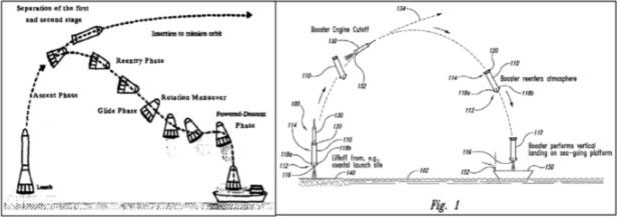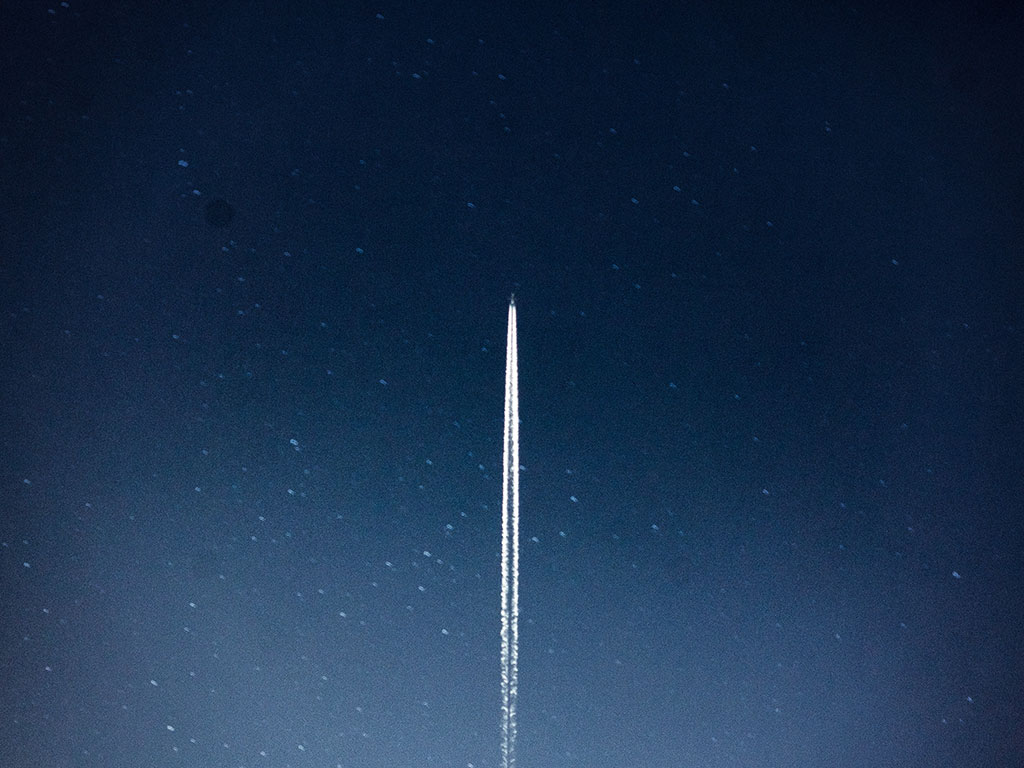A new space race is underway, and it is billionaires—no longer major economies—running. In the span of two weeks, two of the world’s wealthiest have chartered flights to outer space: Richard Branson aboard his Virgin Galactic rocket, and Jeff Bezos on Blue Origin’s first crewed launch.
Also in the conversation is Elon Musk who, even without his own off-planet trip, has his aerospace company SpaceX making headlines over the years for both its technical accomplishments and setbacks, as well as the occasional publicity stunt.
But the battle for space supremacy has been raging way before its financiers decided to step out of Earth. Much of it has been between Bezos and Musk, at times about their respective companies’ intellectual property.
Besides their differing visions for humanity’s spacefaring future, the Amazon executive chairman and Tesla CEO have been more adversarial over similarities in technology aimed at paving the way for our “future in space”.
SpaceX has famously designed, manufactured, and landed reusable rockets, which stand to cut space travel costs by millions of dollars. However, Blue Origin tried to patent the technology in 2014, specifically for a method to recover rocket boosters by landing it tail-first on a platform at sea. Despite not having built a reusable rocket of its own, Blue Origin’s claims would have entitled it to damages over SpaceX’s supposed infringement. Around the time Blue Origin filed their patent application, SpaceX was conducting test flights for their Falcon 9 rocket which employed a similar type of landing mechanism.
But SpaceX fired two challenges against patentability in 2015, one of which cited prior art from 1998 covering similar technology. Engineers from the National Space Development Agency of Japan (NASDA) and Mitsubishi Space Software developed the earlier designs. SpaceX attorneys pointed out how Blue Origin’s patent attempted to lay claim over the technique described over a decade before.

The comparison provided by SpaceX between the reusable launch vehicle concepts from NASDA (left) and Blue Origin (right).
Bezos’s company accepted defeat months later, as the U.S. Patent Trial and Appeal Board granted their motion to cancel claims 1-13 of the rocket-landing patent.
Still, patent hurdles have stopped neither Blue Origin nor SpaceX from taking their respective steps toward commercial space flight. Now that Jeff Bezos and Richard Branson have demonstrated the appeal of space tourism, the ultrarich are lining up for their own out-of-this-world experience. Ticket sales for Blue Origin’s future flights are already approaching $100 million; whether this balloons into an industry worth the technological investment or merely consolidates into a revenue stream adjacent to more lucrative government contracts, is entirely up to the billionaires in charge and the innovators on their lengthy payroll.






